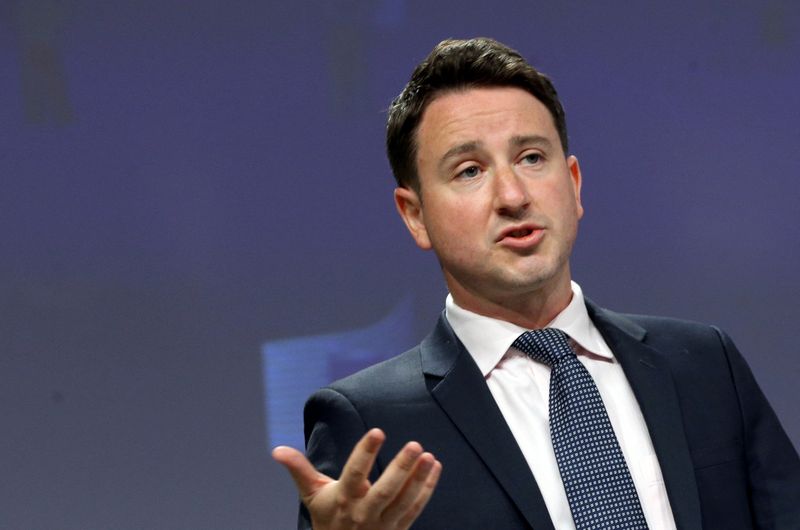By Marcella Ayres
BRASILIA (Reuters) – A 2 percent annual tax on wealth above $1 billion is the starting point for a global debate on increasing the burden on billionaires who are undertaxed, French economist Gabriel Zucman said on Wednesday.
Zucman, who set up an independent EU tax watchdog, was commissioned by Brazil's G20 presidency to present a report on the issue for discussion by finance ministers of the world's 20 largest economies at their meeting in July.
“The purpose of this blueprint is to provide a basis for political discussion and to start a dialogue, not end it,” Zucman wrote in the report released Tuesday.
“How taxes should be levied is for the people to decide through democratic deliberation and voting.”
Zucman told a news conference he hoped such a tax could be in place within nine years, the time it took to agree a global minimum tax on multinational corporate profits that is already in place in several countries.
In addition to Brazil, Latin America's largest economy, the idea is also supported by France, Spain, Colombia, Belgium, the African Union and South Africa, which will hold the G20 presidency next year.
But German Finance Minister Christian Lindner said his country was very skeptical of any new elements of a global tax plan, while US Treasury Secretary Janet Yellen said the US could not support a global wealth tax.
Zucman, a professor at the Paris School of Economics and the University of California, Berkeley, said there are various ways to implement the idea, including President Joe Biden's proposed millionaire minimum income tax in the United States for individuals with assets of more than $100 million.
The tax would impose a minimum personal tax rate of 25% on the entire pre-tax income of ultra-wealthy Americans, whether derived from dividends, realized capital gains, or unrealized gains.
Zucman wrote that taking into account observed rates of return, Biden's proposal is more ambitious than the international standard of 2 percent, and that a 25 percent minimum tax applied to 11.3 percent of total returns would be equivalent to a 2.8 percent minimum tax on wealth.
Implementing the global rule would raise $200 billion to $250 billion a year from about 3,000 individuals, the economists said, adding that expanding the tax to individuals with assets of more than $100 million could raise an additional $100 billion to $140 billion.
According to the report, between 1987 and 2024, the average wealth of the world's top 0.0001% of households grew at an inflation-adjusted rate of about 7% per year, significantly outpacing the global average annual wealth growth rate of 3%.
“Billionaires and the companies they own have been major beneficiaries of globalization, raising the question of whether modern tax systems are properly distributing these gains or concentrating them in the hands of a few,” Zucman wrote in the report.
(Reporting by Marcela Ayres; Editing by Gabriel Araujo, Franklin Paul and Alexander Smith)

